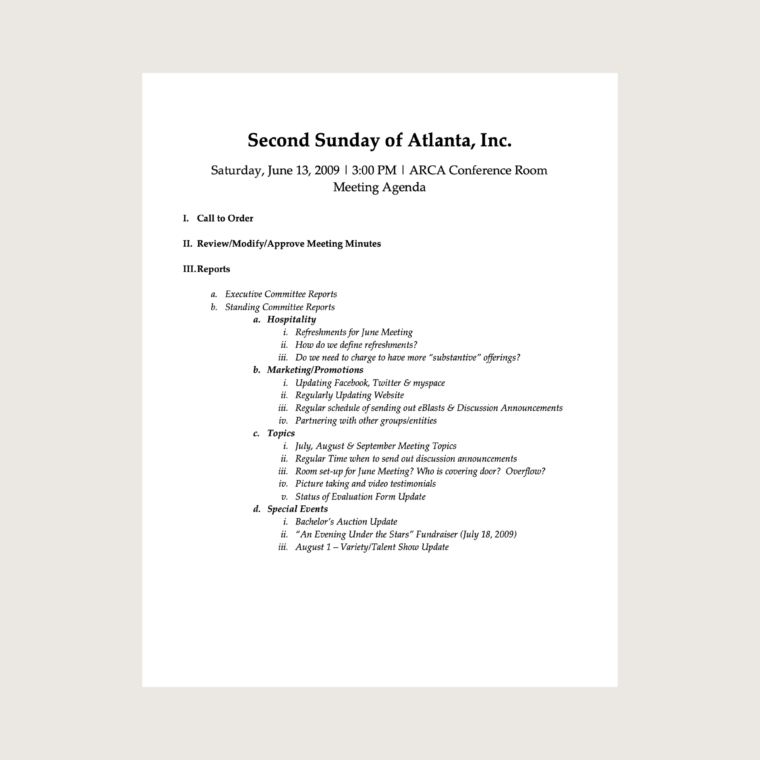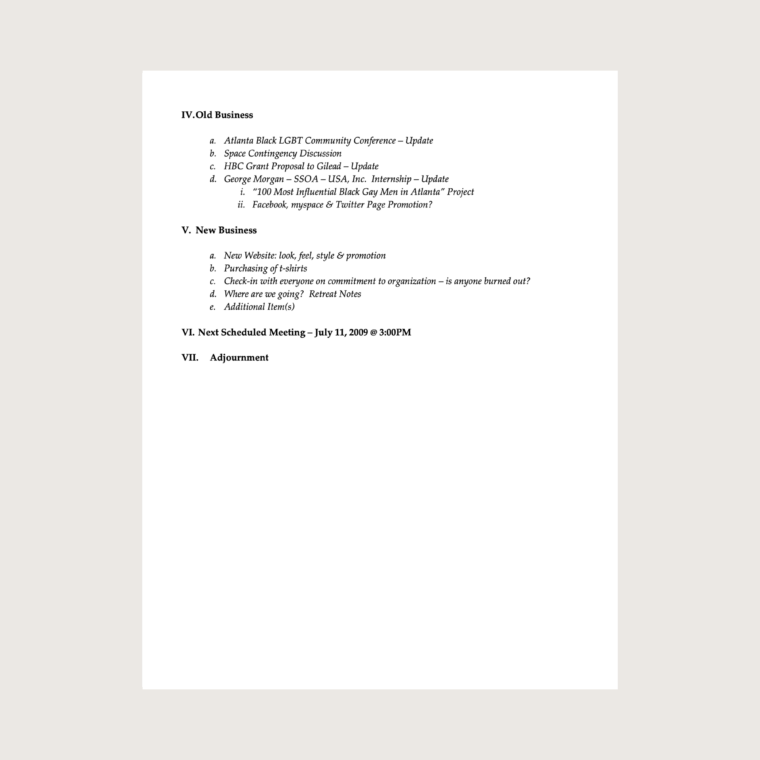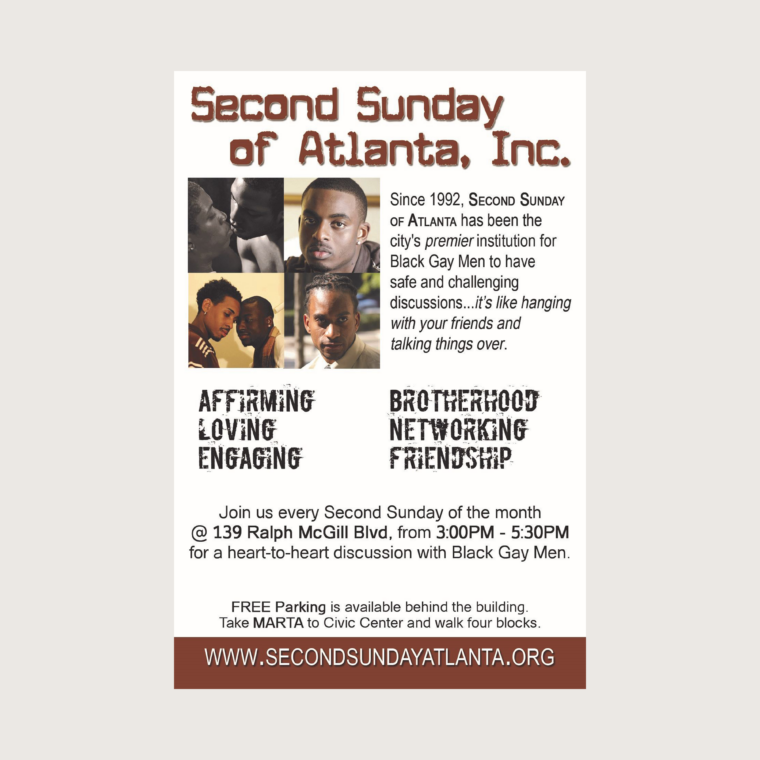4/4 The Legacy of Second Sunday
Second Sunday presented an opportunity for men who were not out to their families, churches, or workplaces even if their sexual orientation was an open secret, to be recognized for their whole selves and shared place within increasingly connected communities of Black gay and bisexual men.
By 1998, the membership of Second Sunday was 300 strong with a mailing list of 400 to 500 people. From 1999 to 2003, Second Sunday was led by a number of skilled members and continued to offer refuge.
The legacy of Second Sunday can be felt in much of the intersectional politics of our current moment. Second Sunday leaders imagined Black and LGBTQ+ communities that could be reflective and inclusive of diverse race, gender, and sexual identities. In many ways, current conversations around race, sexuality, and masculinity can happen partly because of the great consciousness raising and community organizing Second Sunday members engaged in.
But perhaps the most incredible legacy of Second Sunday is just the value and power of creating spaces where people experiencing homophobic and racial oppression can gather, receive fellowship, build power, and affirm each other.
For Further Reading
Rofes, Eric. Dry Bones Breathe: Gay Men Creating Post-AIDS Identity and Culture. Binghamton: The Haworth Press, 1998.
Stephens, Charles. “Elevating Black gay men in Atlanta.” Atlanta Journal Constitution (Atlanta, GA), Jan. 7, 2015.
Stephens, Charles. “How Atlanta Became the Black Gay Mecca.” CASSIUS, June 8, 2018.
Stephens, Charles. “Personal is Political: Becoming a Black Gay Man: Activism, Identity, and Community-Building in the South.” The Feminism Wire, April 22, 2014.
Washington, Craig. “With our Heads Held up High: 2nd Sundays and Joseph Fairchild Beam’s Legacy.” In Black gay genius : answering Joseph Beam’s call, edited by Steven G. Fullwood & Charles Stephens. New York: Vintage Entity Press, 2014.



